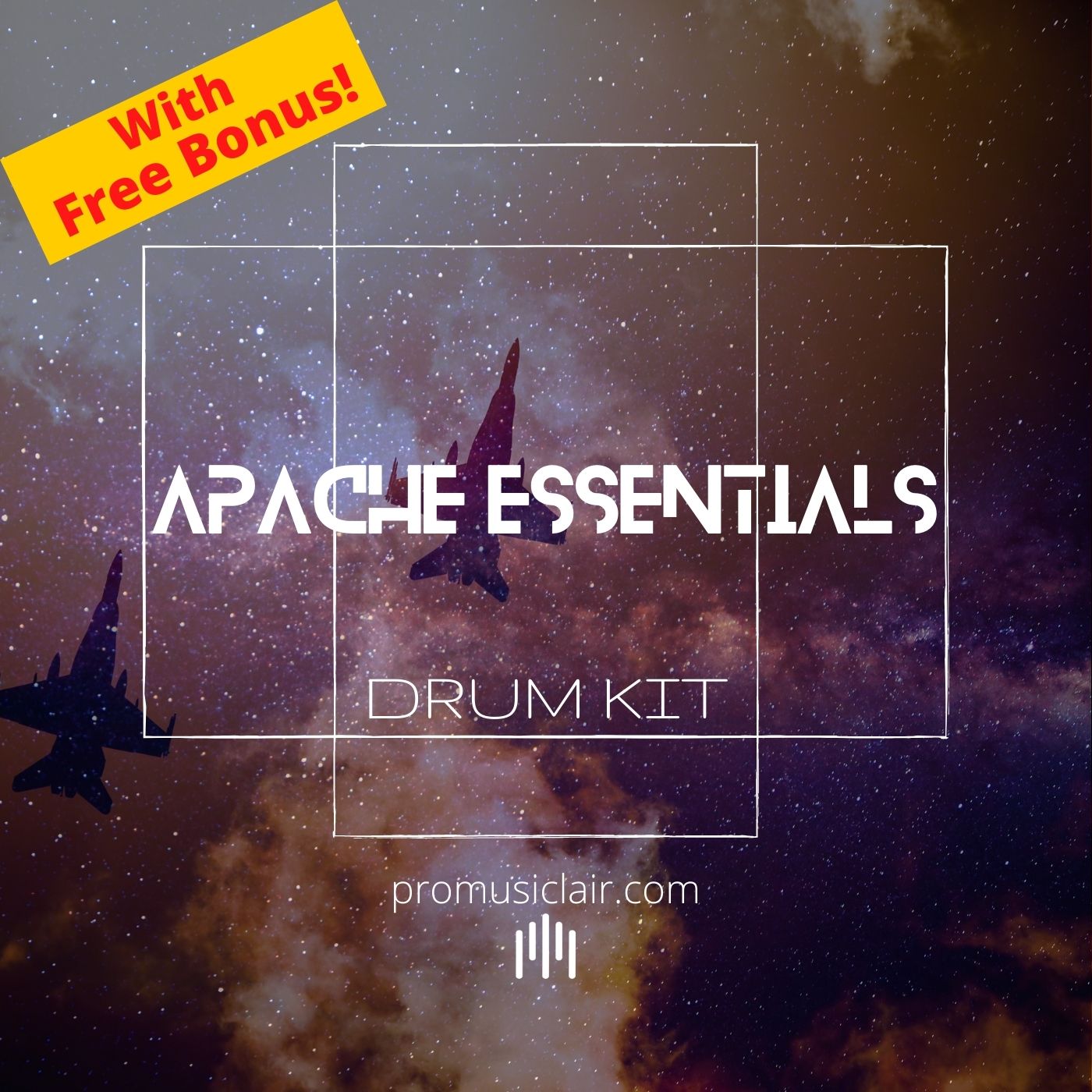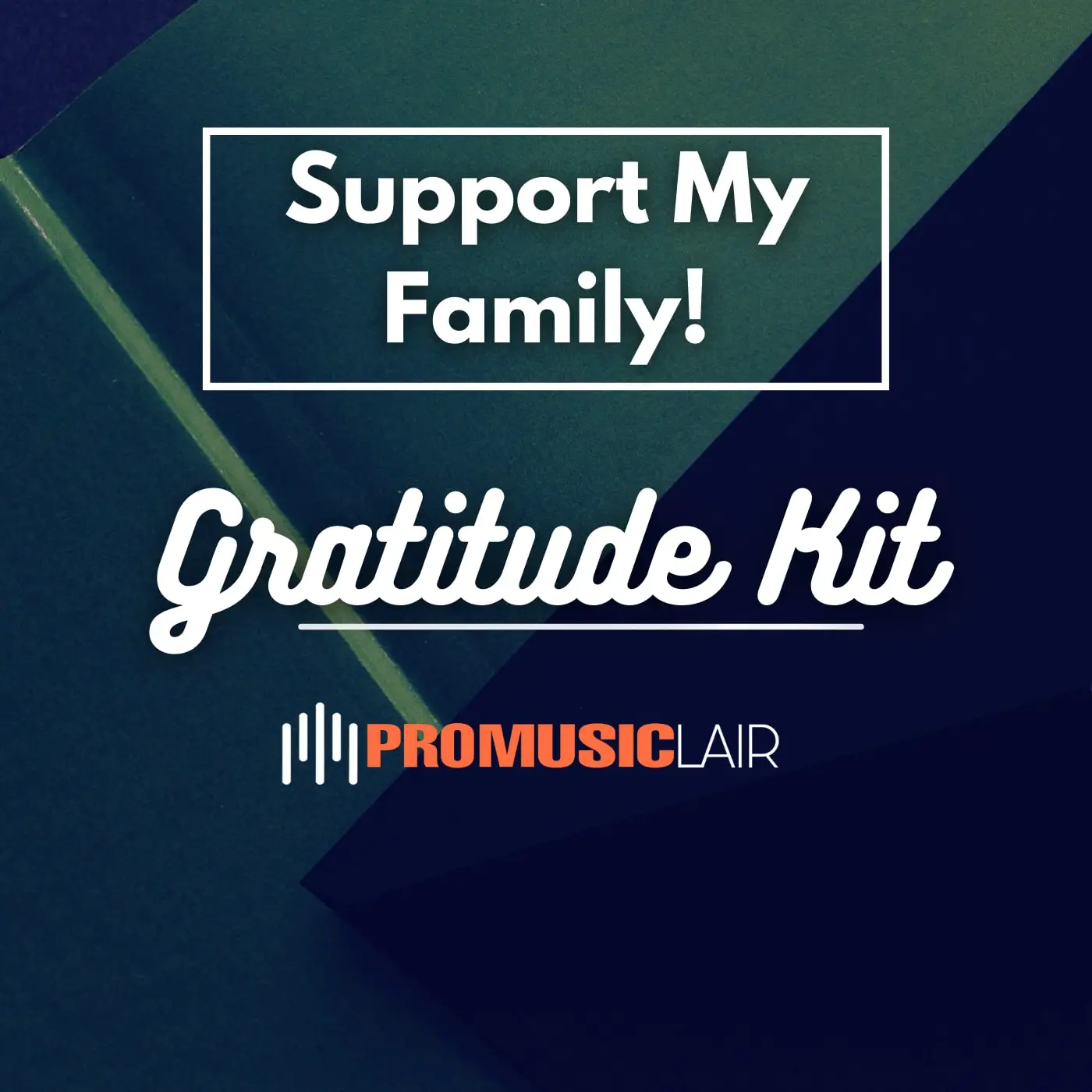Contents
Music Licenses and Music Contracts
When a songwriter wants his song to reach the masses, he needs a legal procedure for doing that of there’s an intention of business behind it.
There are parties and processes involved into it. It all happens authentically on the basis of certain legal documentation which are called the music licenses or music contracts. Here are the 10 must know music licenses and music contracts –
- Single-Song Agreement
- Exclusive Songwriting Agreement (ESA)
- Copyright Assignment
- Co-Publishing Agreement
- Administration Agreement
- Sub-Publishing Agreement
- Performing Rights Society Affiliation Agreement
- Mechanical License
- Synchronization License
- Digital License
This is the list of the most commonly used agreements that you should know if you are a beginner or an intermediate level songwriter or music producer.
So let’s look at them in detail..
But before we move further, let me introduce you to our –
Apache Essentials Drum Sample Pack

Apache Drum Sample Pack
Check out a sample pack made for every producer. Focused! Hard Hitting! High Quality!
1. Single-Song Agreement
This is a common and mostly used song agreement in the music industry which makes it the most important one to know.
A Single-Song Agreement is a per-song based agreement utilized by music publishers for getting a song from the songwriter. A copyright agreement that is signed between the songwriter and the publisher is always attached with it or it is included in the writing form in this agreement.
Before signing a sole agreement with the songwriter, the publishers use this agreement for building a relationship with that songwriter.
Help my family please. If you haven’t bought the Apache Essentials Drum Sample Pack…
A Sincere Request
I have a family to take care of and need your support. Please buy my little goodie. Pay your own price! A little support will help me tremendously with my bills and rents and everything else. If this article helps you as little as 1%, please help me by donating via this purchase, so that I may survive to continue helping you all. Thankyou for understanding. Donate via this kit – Gratitude Kit

Gratitude Kit
2. Exclusive Songwriting Agreement (ESA)
An Exclusive Songwriting Agreement is for acquiring all the songs created by the songwriter. This agreement is signed for a period of time which can be a three year period or if the songwriter is signed to an artist deal with the record label then the period will be equal to the term of the exclusive artist agreement.
Either the individual agreements or the songwriters agreements parallel to the Exclusive Songwriting Agreement’s terms are issued by the publisher to the songwriter only after the songs are written and turned into publishers as he cannot make an agreement before the property has been created.
An attachment called Schedule A can also be included by the publisher with the ESA for the purpose of acquiring some or all songs that were written by the songwriter before ESA was signed and each of those songs will be included in the Schedule A list.
3. Copyright Assignment
Copyright Assignment is a one or two page document for assigning the copyright in a composition between the songwriter and the music publisher. This not valid unless it’s not in writing and signed by the owner or any agent who is authorized for it.
Often it’s required that the person carrying out assignment should verify that he himself is the actual songwriter named in the document.
This process is accomplished by the notarization of these agreements by the notary public.
4. Co-Publishing Agreement
Now let’s say, you have written a massive chart topper and also your publisher knows that this song is a hit.
Wouldn’t you want that the earnings be shared between your publisher and you as well?
A Co-Publishing Agreement is an agreement that will allow you to be a part publisher of your song and you will be the keeper of a portion of the money that the song makes.
In a nutshell this agreement is similar in terms of the Single Song Agreement for a single song and the Exclusive Song Agreement for the songs that are written over a period of time.
The only difference again is that you keep a portion of it – 100 percent of the songwriter’s interest and 50 percent of the publisher’s interest.
5. Administration Agreement
When you want a party that takes care of your registration process and collect the income on your behalf, Administration Agreement comes into play.
The agreement issued by the music publisher or the songwriter who himself has started his own music publishing company, as he might need someone to issue the licenses on his behalf is an Administration Agreement. These licenses include mechanical, sync, print etc. which genrate income and the administration company handles the collection.
In return of their service, excluding the active pitching of the songs, the administration party charges a fee or a percentage from the songwriter or the publisher.
6. Sub-Publishing Agreement
After putting all the efforts in your songs, chances are that you may want your songs to go global.. because who doesn’t want that?
Here comes the Sub Publisher company.
A Sub-Publishing Agreement allows a company to administer the songs at places out of the songwriter or owner’s territory and this agreement is similar to the Administration Agreement except that the administration company is outside the songwriter’s country.
A sub publisher, for his services, can charge you from 10% to 50%. It’s also known that he can even get a higher percentage for the covers of your songs in the territory where it’s operating.
On top of that, a sub publishing company is also involved in the active pitching of your songs in its region.
7. Performing Rights Society Affiliation Agreement
The songwriter and the music publisher collects royalties for performing their songs via airplay through the radios and performance of their songs in public venues and for this they must sign an agreement with any of the performing rights society which are ASCAP, BMI and SESAC and this agreement is called the Performing Rights Society Agreement.
After the agreement, these organizations administer the “preformance” rights in their songs and grant licenses to all the major radio stations, venues and major clubs.
In return of the licenses, the organizations collect substantial revenue and pay directly to the owner and the publisher on usually a 50/50 basis for all the income collected.
These organizations pay directly to each in order to make sure that the income of the songwriter is not collected by the publisher.
8. Mechanical License
This one is very easy to understand.
When the publisher of the song wants to have the song reproduced and distributed in the market, he grants a short form document to the record label, the rights to record, manufacture and distribute the records for the songs. This is called a Mechanical License.
9. Synchronization License
A synchronization license is when the music publisher grants license to the television or movie producer to sync his songs to the visual images or video footages and broadcast them or manufacture and distribute them in any format.
To get a profitable deal, a video producer tries to get a license that will include both the broadcast and home video whereas the music publishers want that the home video rights should be retained by them to negotiate for a better price if the movie or tv show is successful commercially.
This license does not cover the recordings of the songs but if the video producer wants, he has to secure the license for the master recording as well, from the music publisher or get it included in the same.
10. Digital License
When the music is to be distributed via digital medium such as internet, the licenses that are granted are called Digital Licenses. These licenses are the combination of mechanical, synchronization and print, and depend on whether it includes the delivery of a digital copy or only the broadcast of the song.
Check out if you haven’t already –
Apache Essentials Drum Sample Pack
Conclusion
So there you have it. Hopefully now the curiosity of the legal processes that goes into the music industry is clearely answered. These are the most common form of music industry licenses that are more than enough for you to know about and you’re good to reach out to the world.
I wish you good luck with that!